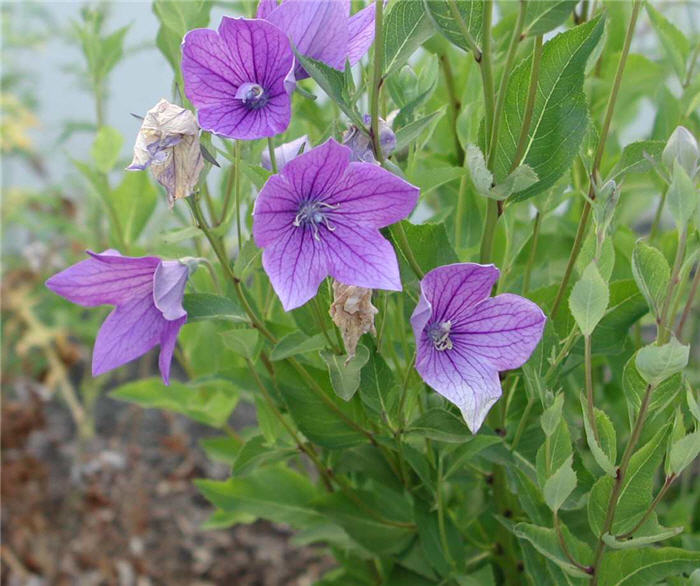| Botanical Name: Pleuraphis jamesii | |
| Common Name: Galleta, Curly grass |

-
Anatomy
-
Culture
-
Design
Plant Type
Ground cover, Perennial, Grass
Height Range
1-3'
Flower Color
Yellow
Flower Season
Spring
Leaf Color
Green, Light Green
Bark Color
n/a
Fruit Color
n/a
Fruit Season
n/a
Sun
Full
Water
Low
Growth Rate
Moderate
Soil Type
Clay, Loam, Rocky
Soil Condition
Average, Rich, Poor, Well-drained, Dry
Soil pH
Neutral, Basic
Adverse Factors
n/a
Design Styles
Meadow, Mediterranean, Ranch, Spanish, Native Garden, Woodland
Accenting Features
Fall Color
Seasonal Interest
Spring, Summer
Location Uses
Lawn, Parking Strip
Special Uses
Erosion Control, Lawn Alternative, Naturalizing
Attracts Wildlife
Birds
Information by: Stephanie Duer
Photographer: wrong picture
Photographer: wrong picture
-
Description
-
Notes
A low growing (3 to 20 inches tall), rather coarse grass, growing as an open sod or in small bunches. Spreads by rhizomes and seeds. Seed spikes are purplish to straw-colored, and usually flower in the spring. Leave blades are narrow, and soft green turning to straw when dry or dormant. Use for a meadow or informal lawn area; mixes well with side and blue grama, sand dropseed, and buffalograss for a low-water lawn. A warm-season grass, it is dormant during the cooler parts of the spring, fall, and of course, during the winter. A Utah native.
Galleta will grow in a variety of soils, from coarse to fine, and even clay soils. It tolerates heavy foot traffic and a lot of trampling. Spreads through rhizomes and seed. Mowable, but set the mower as high as possible, ideally between 4 to 6 inches. According to USU, it provides excellent erosion control for in semi-desert conditions. Syn. with Hilaria jamesii. Full sun.